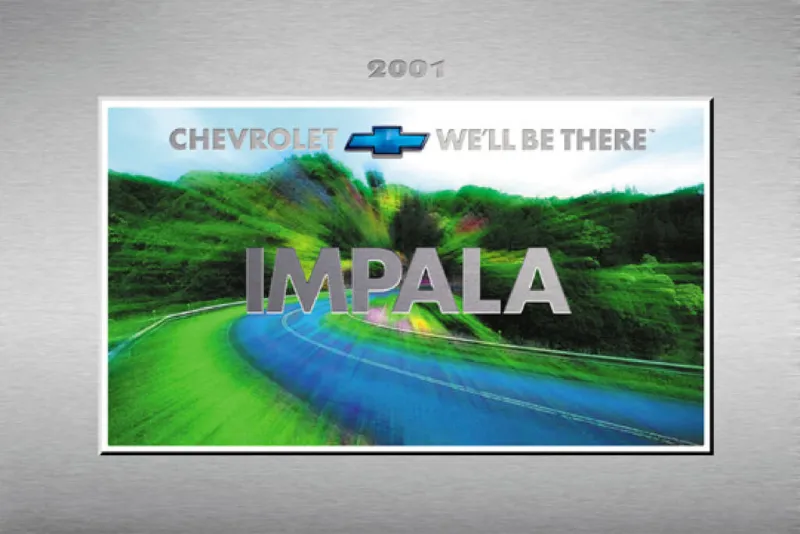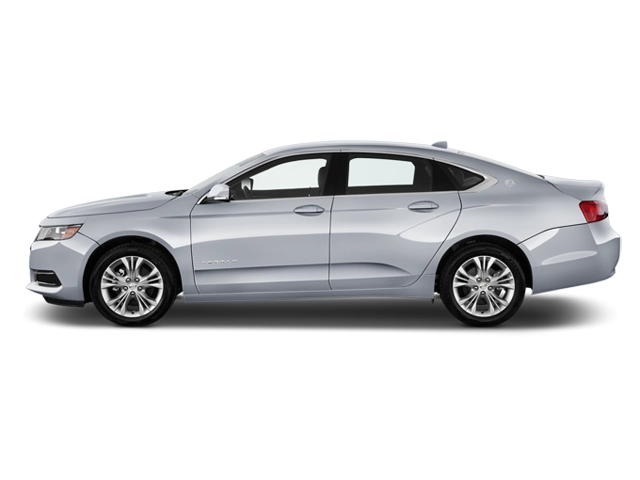2001 Chevrolet Impala Owner's Manual

Table of Contents
2001 Chevrolet Impala Overview
Introduction
The 2001 Chevrolet Impala stands as a classic American sedan, merging comfort, style, and performance seamlessly. This model year features a bold exterior design that combines aerodynamic lines with a spacious and well-appointed interior, making it a perfect choice for families and individuals alike. Known for its reliability and smooth driving experience, the 2001 Impala is a popular choice among sedan enthusiasts.
Powertrains
The 2001 Impala offers two robust powertrain options. The base model comes equipped with a 3.4-liter V6 engine that produces 180 horsepower, delivering commendable fuel efficiency and performance for daily driving. For those seeking more power, the SS trim features a 3.8-liter V6 supercharged engine that generates an impressive 240 horsepower, providing a sportier driving experience with exhilarating acceleration. Both engines are paired with a smooth-shifting four-speed automatic transmission, ensuring a pleasurable ride.
Trims
Chevrolet offers the 2001 Impala in several trims, including the base, LS, and SS. The base model provides essential features such as air conditioning, power windows and locks, and a clear sound system, making it an excellent value. The LS trim enhances comfort and convenience with additional features like premium upholstery and a keyless entry system. The SS trim takes luxury to the next level with sport-tuned suspension, alloy wheels, and upgraded audio systems, catering to drivers who crave performance and style.
Features
In terms of features, the 2001 Chevrolet Impala includes a range of amenities designed for comfort and convenience. Standard features include anti-lock brakes, dual-zone climate control, and an optional premium sound system with CD player. Safety is prioritized with dual front airbags and available side-impact airbags, making it a safe choice for families.
Owner's Manual
The owner's manual for the 2001 Chevrolet Impala is a valuable resource for vehicle maintenance and operation. It provides essential information about how to care for your Impala, including routine maintenance schedules, troubleshooting tips, and a comprehensive guide to all features and controls. A thorough understanding of these instructions can help optimize performance and longevity, ensuring a satisfying ownership experience.
User manual download
The Chevrolet Impala owner manual for the 2001 model year is to be found in PDF downloadable format on this page. The owner manual for the model year 2001 is free and in English, but the repair manuals are usually not easy to get and may cost more.
Manual Questions
Fill the form below and someone will help you!

